Anxiety is a very powerful thing that affects a lot of people. You might be wondering if you have anxiety, or could be experiencing anxiety and not even know it. It’s that terrible feeling in your tummy that keeps sinking. Anxiety is very common and the most commonly reported mental illness. Anxiety can begin to affect us at an early age as several people form symptoms of an anxiety disorder during their childhood. The age for average onset for anxiety disorder is eleven.
What is anxiety?
It is that feeling of nervousness or uneasiness. It can also involve fear, and worry. When you’re anxious, you are not in a calm and confident state.
Experiencing anxiety on occasion is perfectly normal, however, if the anxiety affects your everyday life, it could indicate a disorder, which you should seek help for. When these feelings of fear, worry or nervousness become intense, hard to control, or they starts to interfere you’re your day-to-day life, it’s generally called an anxiety disorder.
Symptoms could include:
- Nervousness
- Irritability
- Problems sleeping
- Difficulty concentrating
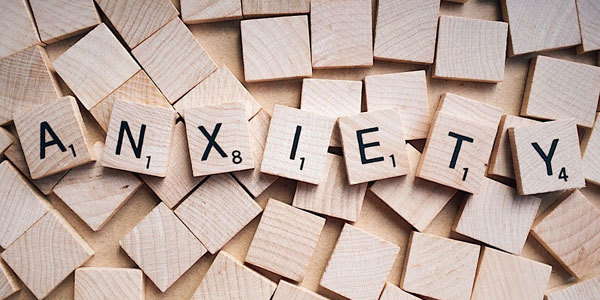 Anxiety is the worst feeling, it complicates everything.
Anxiety is the worst feeling, it complicates everything.
As mentioned, anxiety disorders are the most frequent mental disorder. There are many different disorders and some include:
Social Anxiety
Extreme fear or avoidance associated with social or performance situations, such as conversations, parties, meetings, public speaking and other situations in which a person may be embarrassed, humiliated or observed.
Phobias like agoraphobia
and persistent fear of clearly discernible objects or situations, such as flying, heights, and animals.
Panic Disorders
People with this anxiety disorder have recurrent panic attacks.
Obsessive-Compulsive Disorder (OCD)
"Persistent thoughts, ideas, impulses or images that are perceived as intrusive and inappropriate and that cause marked anxiety or distress. Individuals with obsessions usually attempt to ignore or suppress such thoughts or impulses or to counteract them by other thoughts or actions."
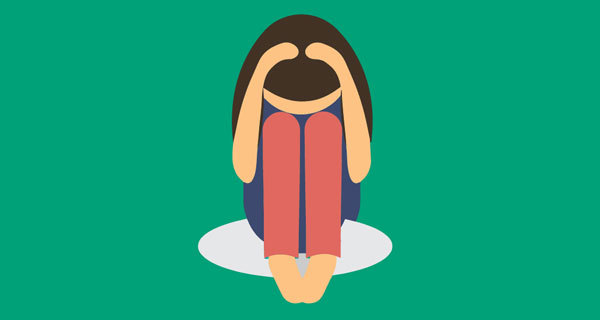 When your brain just won't stop.
When your brain just won't stop.
Generalized Anxiety Disorder
People with this condition experience worries that interfere with daily activities and won't go away.
Where does anxiety come from?
Experiencing anxiety is part of the body’s natural reaction to stress. It’s how we respond to things that make us feel insecure or afraid.
 Worrying is just a waste of time, but that won't stop you from doing it.
Worrying is just a waste of time, but that won't stop you from doing it.
Who does anxiety affect?
Anxiety can affect anyone, and often some of the most seemingly confident people experience anxiety. For example, I know a girl who is very successful and friendly, she is even a public speaker, but she still experiences anxiety. She worries about the future and works herself into a panic. Sometimes anxiety is like feeling like you can’t breath like before you take a test. Test anxiety is very common and if you suffer from this teacher’s can make allowances. You will be granted special privileges if this is the case.
What Causes Anxiety?
There are many things that contribute to the cause of anxiety. Experts say that most anxiety disorders are caused by a mixture of personal experiences and yet-to-be-discovered genetic factors. It is more common for children to get anxiety disorder if they have parents who has them. Stressful or traumatic events can also lead to an anxiety disorder.
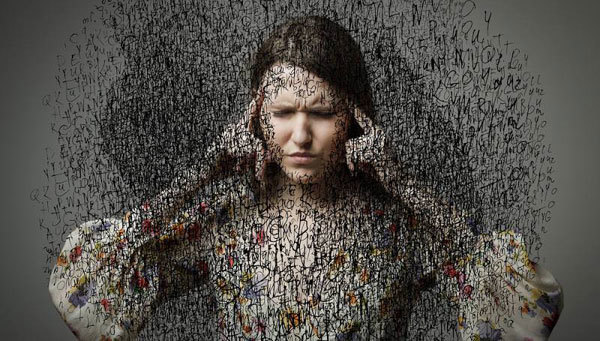 You want to be happy, but you just don't feel okay.
You want to be happy, but you just don't feel okay.
Anxiety in Children and Teens
Anxiety disorders are most commonly developed during childhood.
Parents of kids and teens often report a number of symptoms or behaviors, including:
- Avoiding school and social activities
- Physical symptoms (headaches, stomachaches)
- Sleep problems
- Excessive need for reassurance ( related to fears of bad things taking place)
- Poor school results and a change in performance
- Behavioral issues
- Issues with food (either not eating enough or overeating)
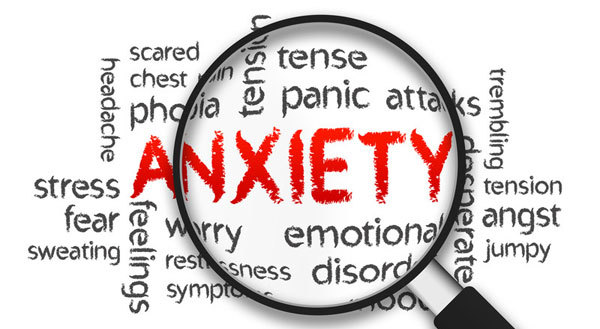 Anxiety is a lot like the monster who wouldn't go away.
Anxiety is a lot like the monster who wouldn't go away.
How do you treat anxiety?
Treatments for Anxiety vary, as there are a lot of claimed natural ways to deal with anxiety. You can use a counselor or psychologist. Treatment can also involve a combination of psychotherapy, behavioral therapy, and medication. Medication, in some cases, can be mandatory, though it’s not the first things Doctors result to because anti-anxiety meds can be quite addictive and misused.
Other Ways We Can Decrease Anxiety
- Figuring out how to manage stress. Becoming mindful of pressures and deadlines, and commit to taking breaks from your work when you need to
- Working at your pace and taking tests with enough time
- Meditation is often highly suggested as useful
- Working on your breathing and practicing deep abdominal breathing
- Figure out what helps you relax and practice that
- Try to stop "negative self-talk" and replace it with "coping self-talk."
- Replace negative thoughts with positive ones.
- Imagine yourself successfully facing and conquering a specific fear.
- Confide in people who are supportive.
- Exercise.
- Take a long, warm bath.
- Get good, regular sleep
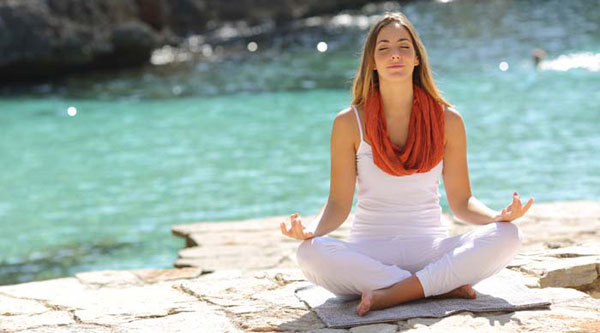 They say meditation is good for anxiety.
They say meditation is good for anxiety.
Anxiety is complicated and it affects a lot of people. If anything in this article stands out to you, don’t be afraid to ask for help. I know the thought of it probably makes you feel anxious, but you can do this. I once watched a girl give a speech that was beautiful but her paper shook the entire time. She was experiencing anxiety and was later given advice on how she could help the situation. The truth is this girl probably couldn’t control her anxiety and did the best that she could. This is why we call anxiety a monster, it doesn’t just go away. We have to get the help that we need and have to exercise self-care. Looking out for ourselves will improve our well-being as we become more confident and able to love ourselves.
Have Your Say
Have you ever had anxiety? How did you make it better? Comment below.

































